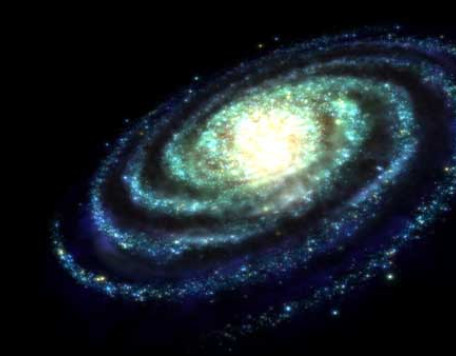© Pint of Science, 2025. All rights reserved.
Life is thriving across our planet, from the most verdant jungle to the remote desert animals fight for food, dominance and water. With the changing climate that is all forecasted to change. Can the desert sands help us to more accurately predict our weather forecasts for the future? How do evolutionary changes prepare the myriad of creatures on our planet for survival in harsh landscapes? Together we will be exploring what motivates our fauna to lead communal or solitary lives while also examining how the history of our deserts can help us predict the future of climate change and rainfall.
Why does it rain in the desert? The story recorded by dust!
Anna Bird
(Reader in Geology)
Since 2010, our team has been slowly building up our ability to work out how rainfall between the Sahara Desert and the Mediterranean Sea has changed in the past, and why. This is all to help climate science predict how it will change in the future. Northeastern Africa, the Middle East and southwest Asia are all particularly exposed to changes in rainfall, because water availability already limits what can grow, and what people can do. If they become even drier – as seems likely to happen – ecosystems and societies will come under severe pressure. As scientists, we are challenged to provide the best forecasts of the change we can. To do that, we must look at the past.
The Evolution of Helping and Harming
Matishalin Patel
(Lecturer)
Why do some animals eat their brothers and sisters, yet others stay home for years helping to raise them? Why do ants and termites cooperate to build mega-structures? In this talk I will introduce you to the basic evolutionary theory behind why some animals are altruistic and others selfish. We will look at some extreme cases and hopefully you will come away with some intuition for why animals are or aren't social.
Map data © OpenStreetMap contributors.
Other The Brain Jar events
2025-05-21
Flow Wars: The Nano Menace and Galaxies far far away
The Brain Jar
The Brain Jar, 4-6 Trinity House Lane, Hull, HU1 2JA, United Kingdom


